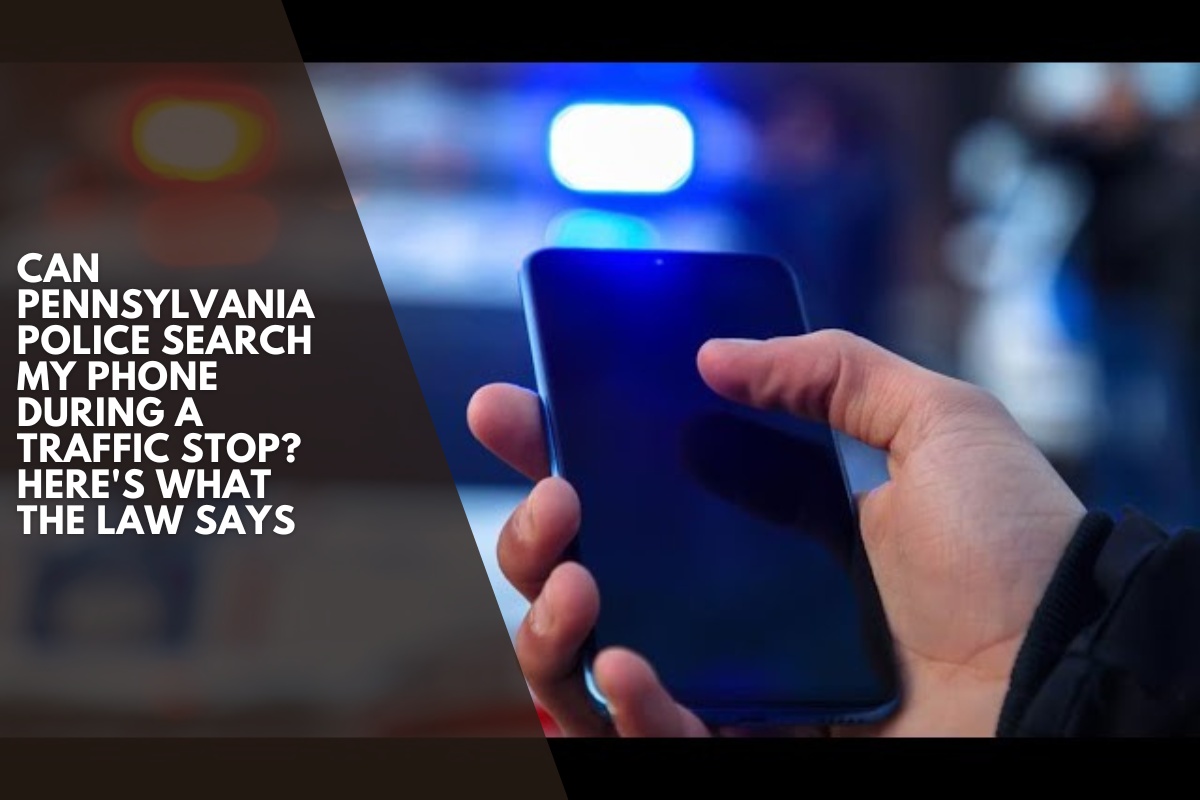In Pennsylvania, the question of whether police can search your phone during a traffic stop is frequently asked, especially as smartphones hold vast amounts of personal and sensitive information. The law provides clear protections for your privacy, underscoring important rights and legal boundaries when it comes to mobile phone searches by law enforcement.
Phone Searches Require a Warrant in Pennsylvania
Pennsylvania law, reinforced by rulings from the Pennsylvania Supreme Court, states that police cannot search your phone without a valid search warrant. This applies regardless of whether the phone is protected by a passcode or any other security measure. The 2018 case Commonwealth v. Fulton is a landmark decision that established that accessing cell phone data without a warrant violates the Fourth Amendment rights against unreasonable searches and seizures.
The ruling means that even if the police seize your phone during a traffic stop or arrest, they need to obtain a warrant from a judge before going through its contents. Any evidence obtained from an illegal warrantless search of a phone is typically deemed inadmissible in court.
Consent and Emergency Exceptions
There are narrow exceptions where police can search a phone without a warrant:
Consent: Police may ask for your permission to search your phone. If you voluntarily agree, they can legally proceed without a warrant. However, you have the right to refuse consent.
Exigent Circumstances: In rare cases involving immediate threats to life or public safety, police may search without a warrant. These emergency exceptions are limited and scrutinized closely.
What Happens During a Traffic Stop?
During a routine traffic stop, police may legally:
Ask to see your phone.
Seize the phone temporarily (for example, as part of an inventory search if they impound your vehicle).
But searching the content of your phone—such as messages, photos, call logs, or apps—requires a warrant or your explicit consent. Without either, such a search would likely be unconstitutional.
Your Rights and Best Practices
If you are pulled over and asked to let police search your phone, know that:
You have the right to refuse consent to the search.
You can politely state that you do not consent to any search without a warrant.
Do not attempt to physically resist or hide your phone; staying calm is crucial.
Requesting to speak with an attorney is your right and can be helpful.
Keep your phone locked with a passcode to protect your data.
Summary
In Pennsylvania, police must have a search warrant to search your phone during a traffic stop.
Warrantless phone searches violate your Fourth Amendment rights and are generally inadmissible in court.
Police may ask for your consent to search your phone, but you have the right to refuse.
Emergency exceptions for warrantless searches exist but are rare and narrowly applied.
During a traffic stop, police can seize your phone but cannot legally search its contents without a warrant or consent.
Knowing your rights and responding calmly can protect your privacy effectively.
Understanding these rules helps ensure your digital privacy is respected during police encounters in Pennsylvania. If you believe your rights have been violated with an unlawful phone search, consult with a criminal defense attorney to explore your legal options.
This legal framework reflects a strong commitment to privacy rights in the digital age, balancing law enforcement needs with individual protections.
Sources
[1] https://www.schmidtkramer.com/blog/2025-changes-to-pa-distracted-driving-laws.html
[2] https://www.thefishmanfirm.com/search-cell-phone/
[3] https://www.centredaily.com/news/state/pennsylvania/article282379068.html
[4] https://www.philadelphiacriminallawyers.com/can-the-philadelphia-police-search-your-cell-phone/
[5] https://www.coovandassoc.com/blog/can-police-search-your-phone-during-an-arrest-in-pennsylvania











